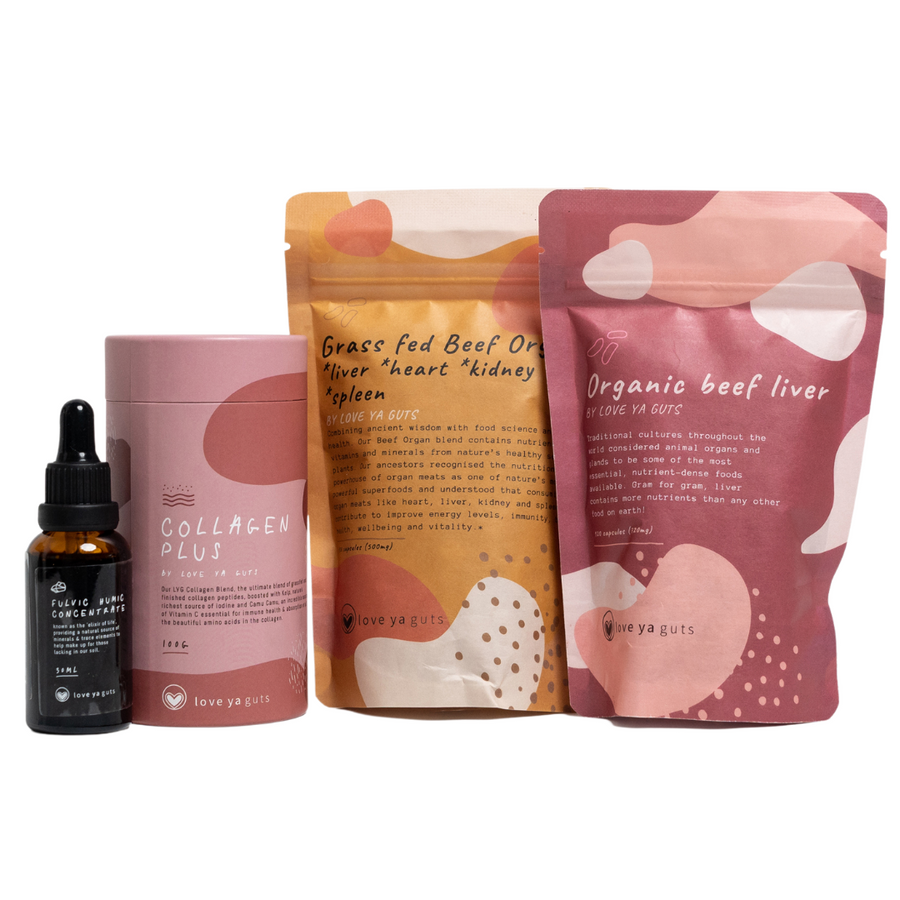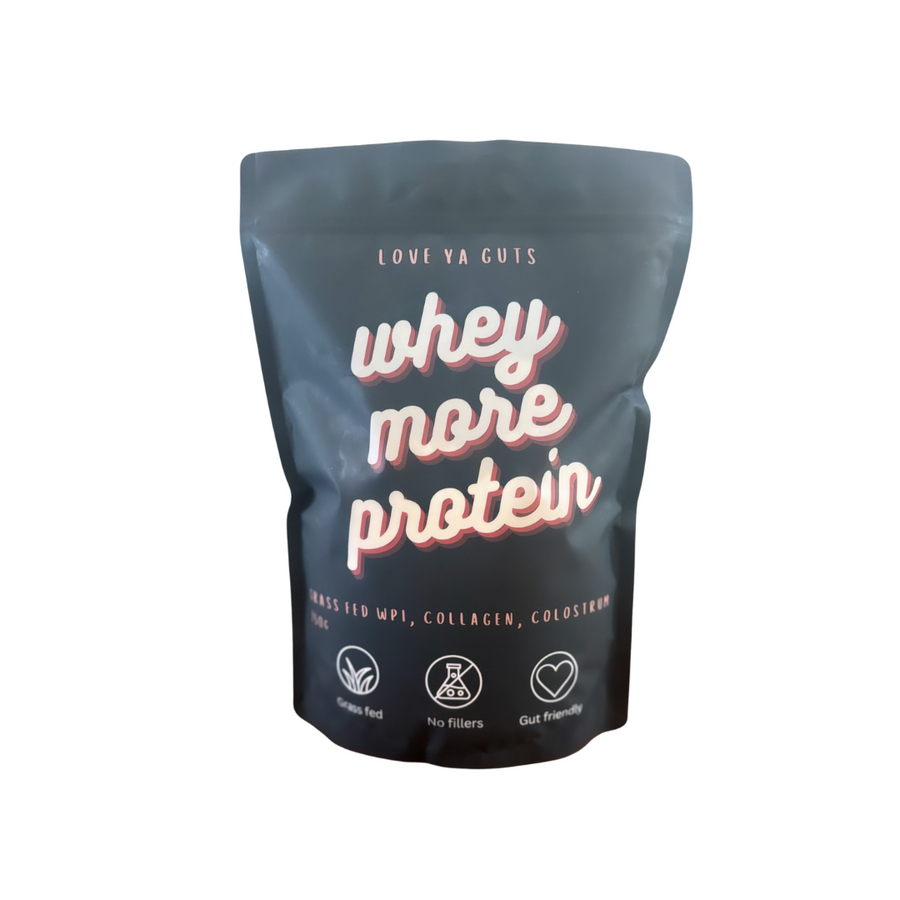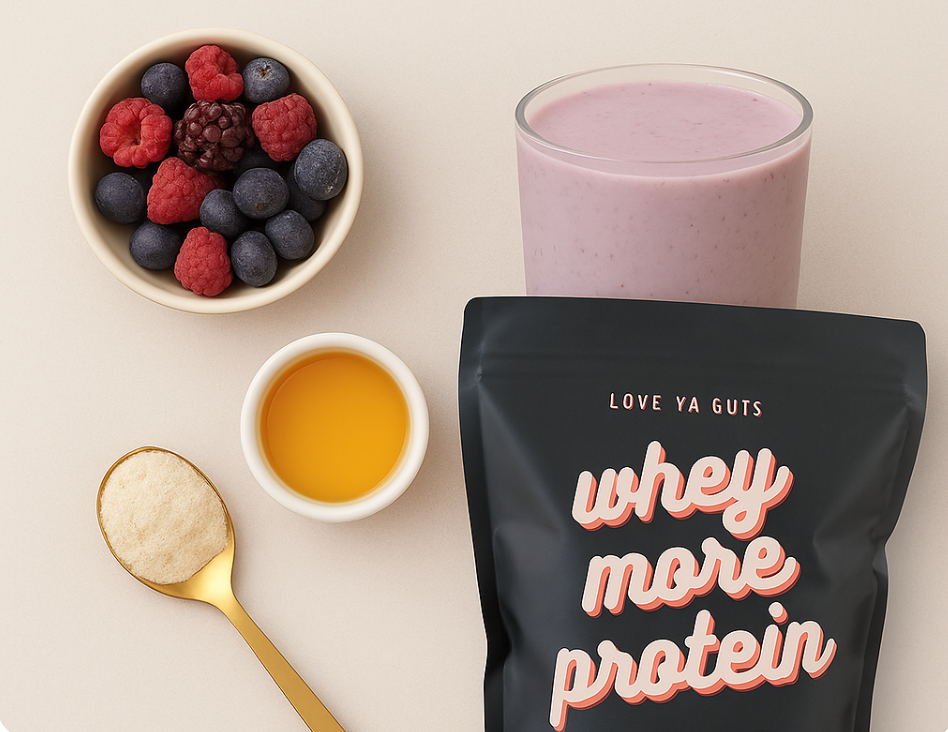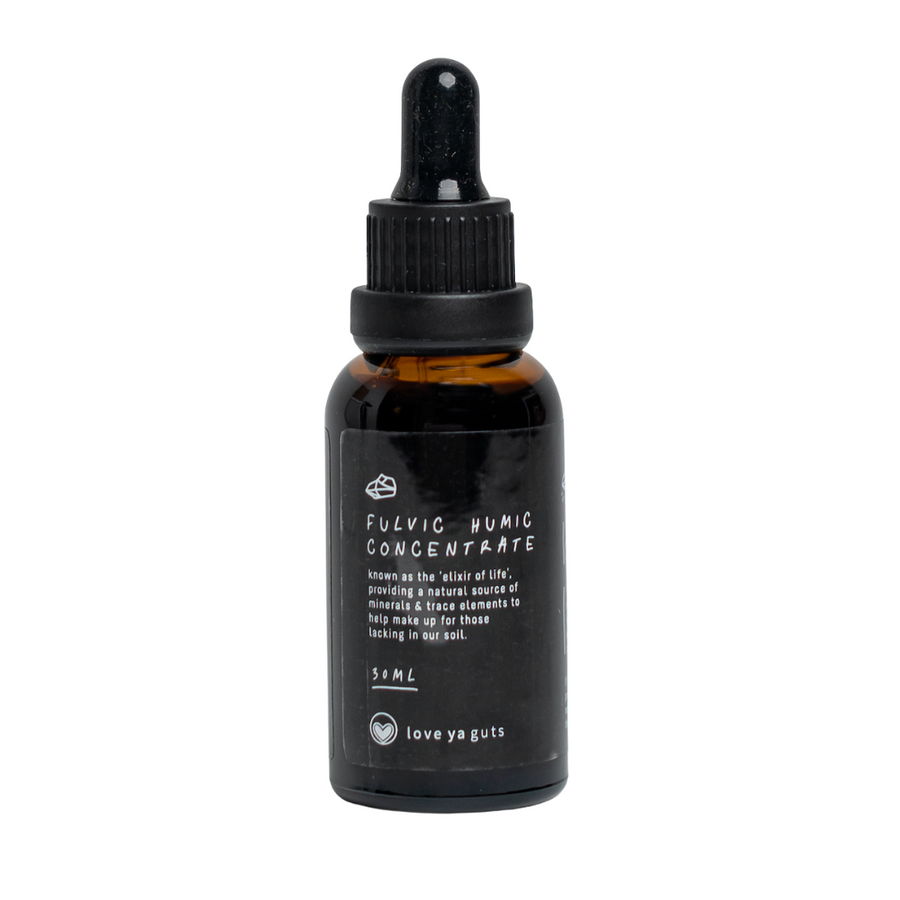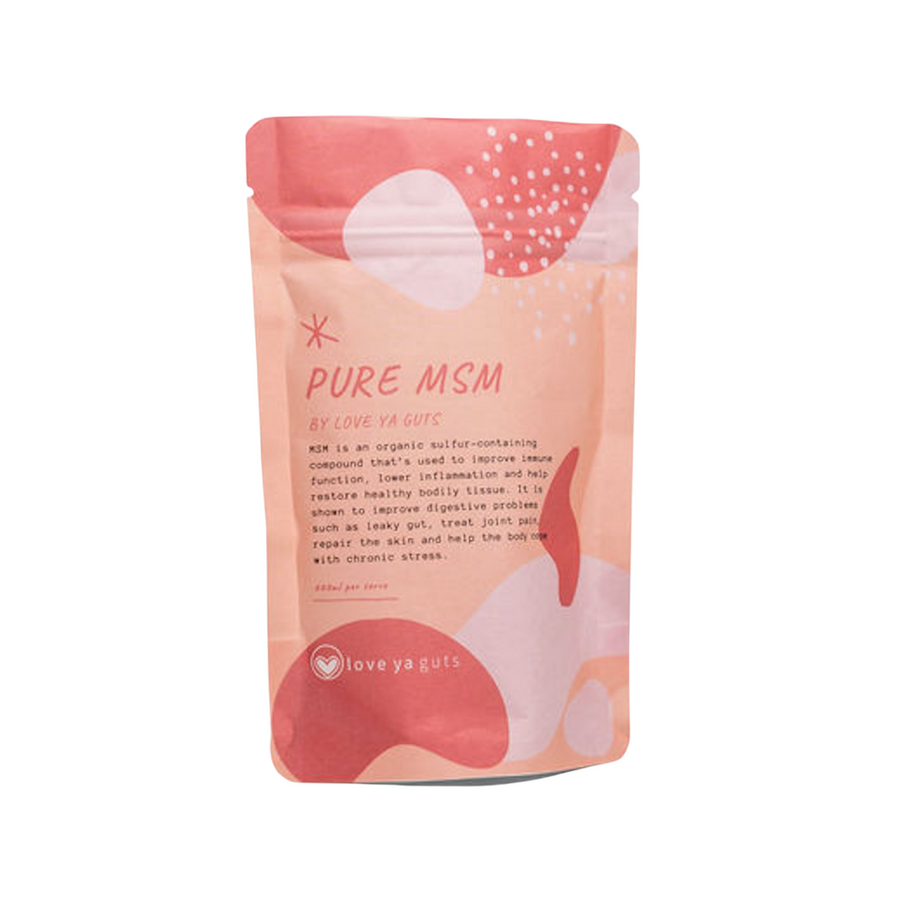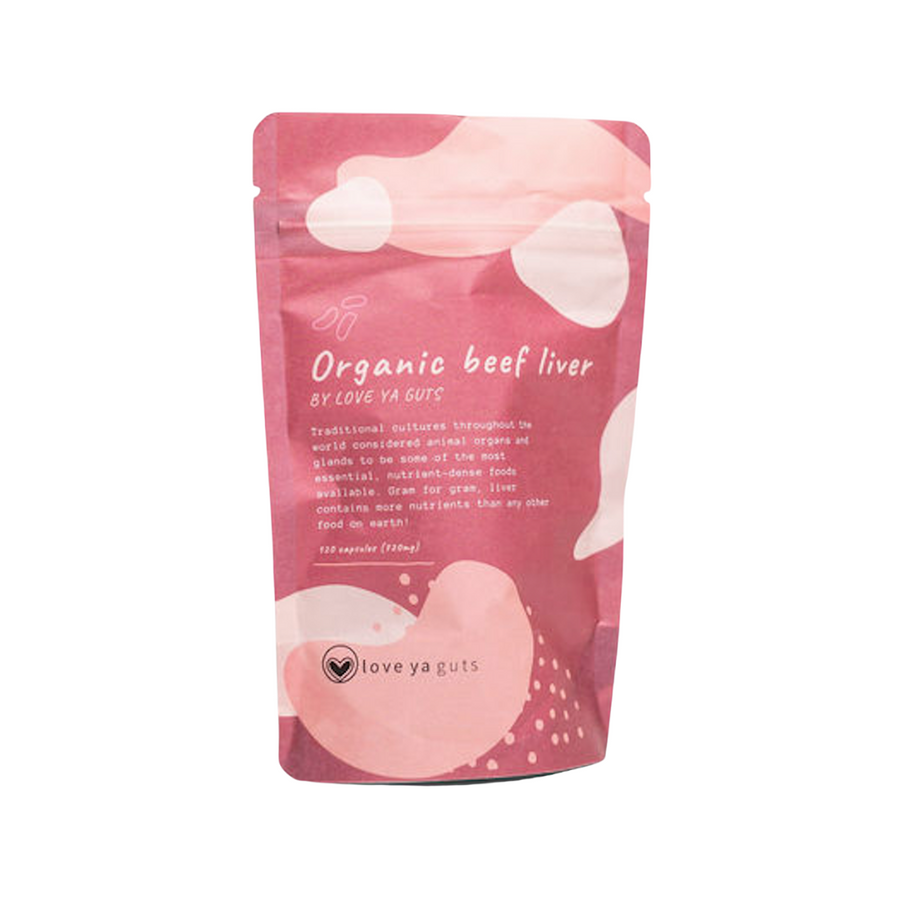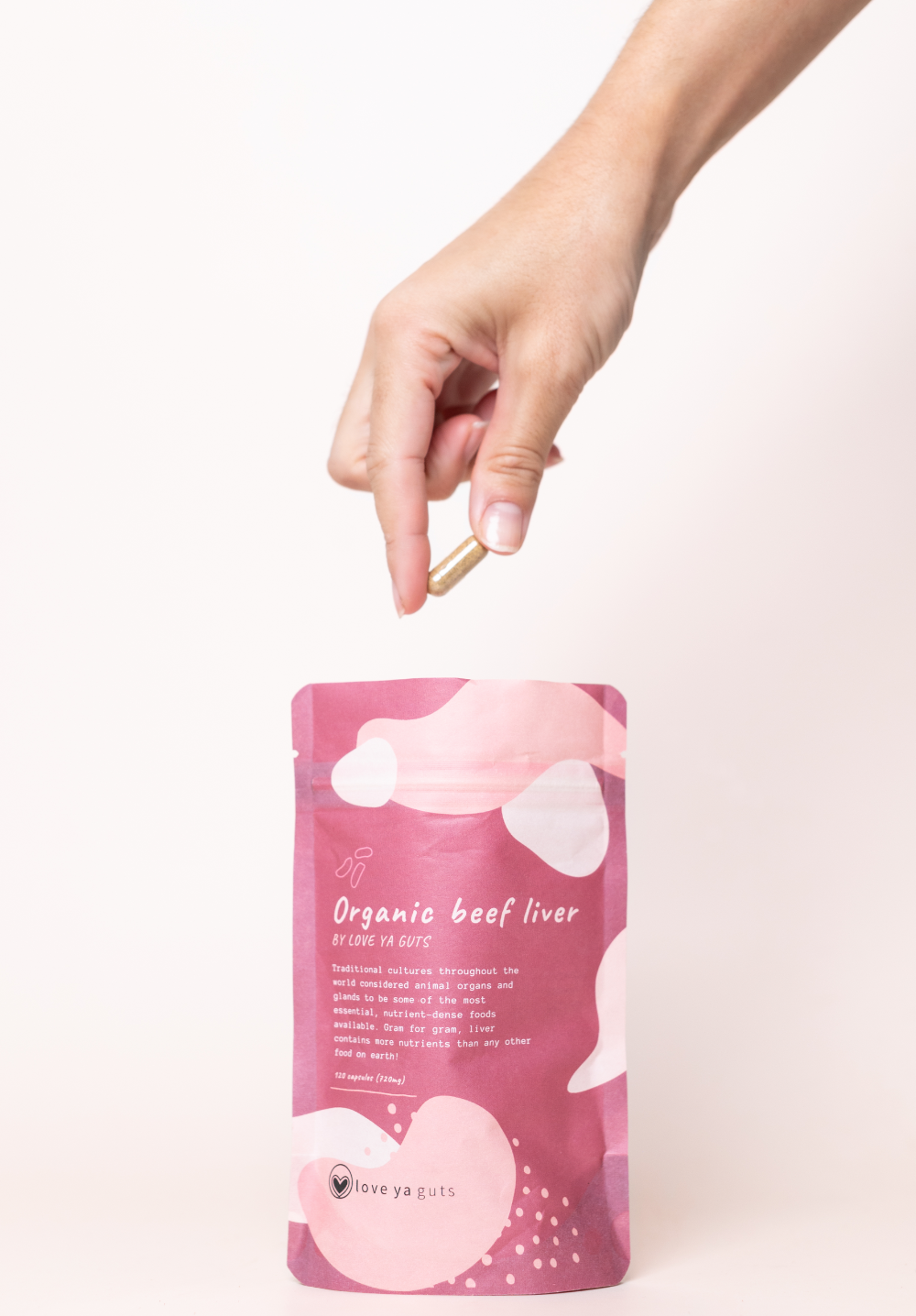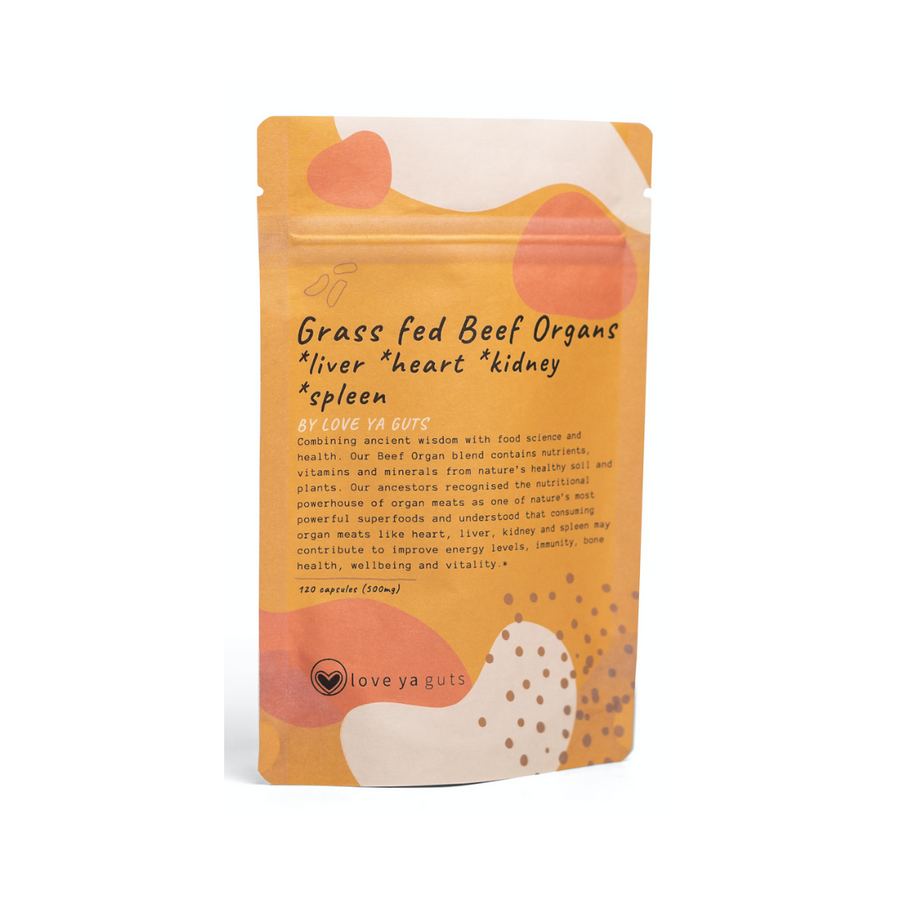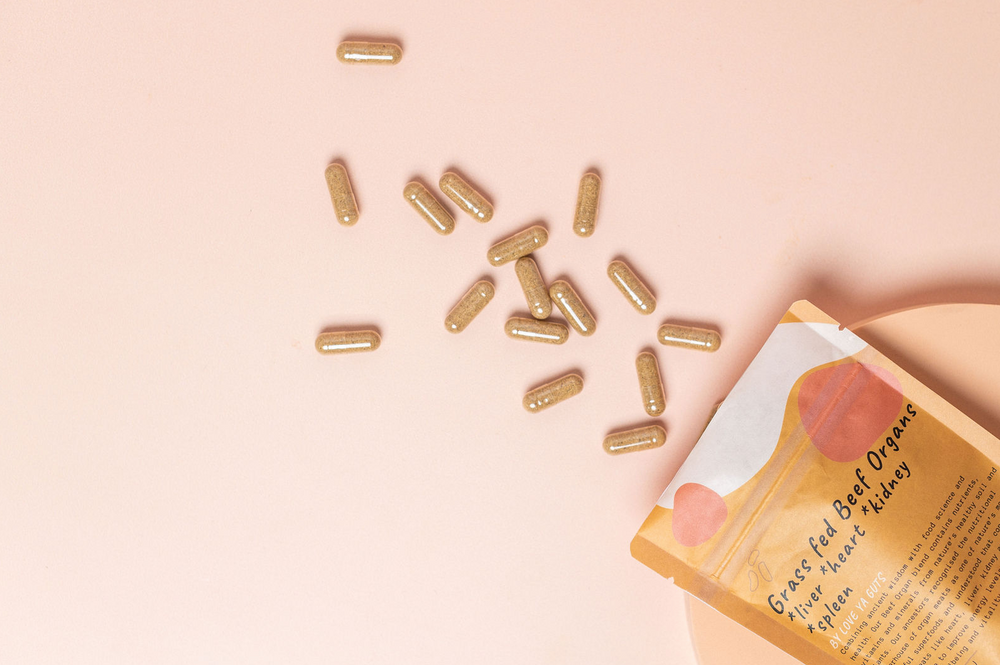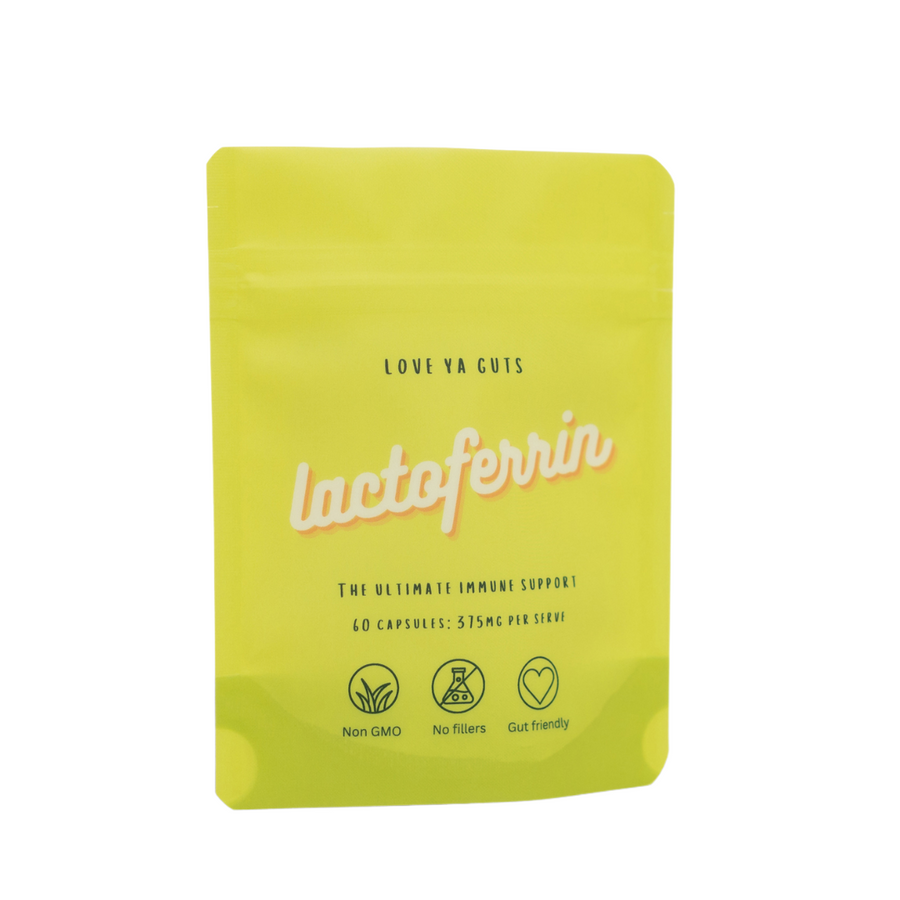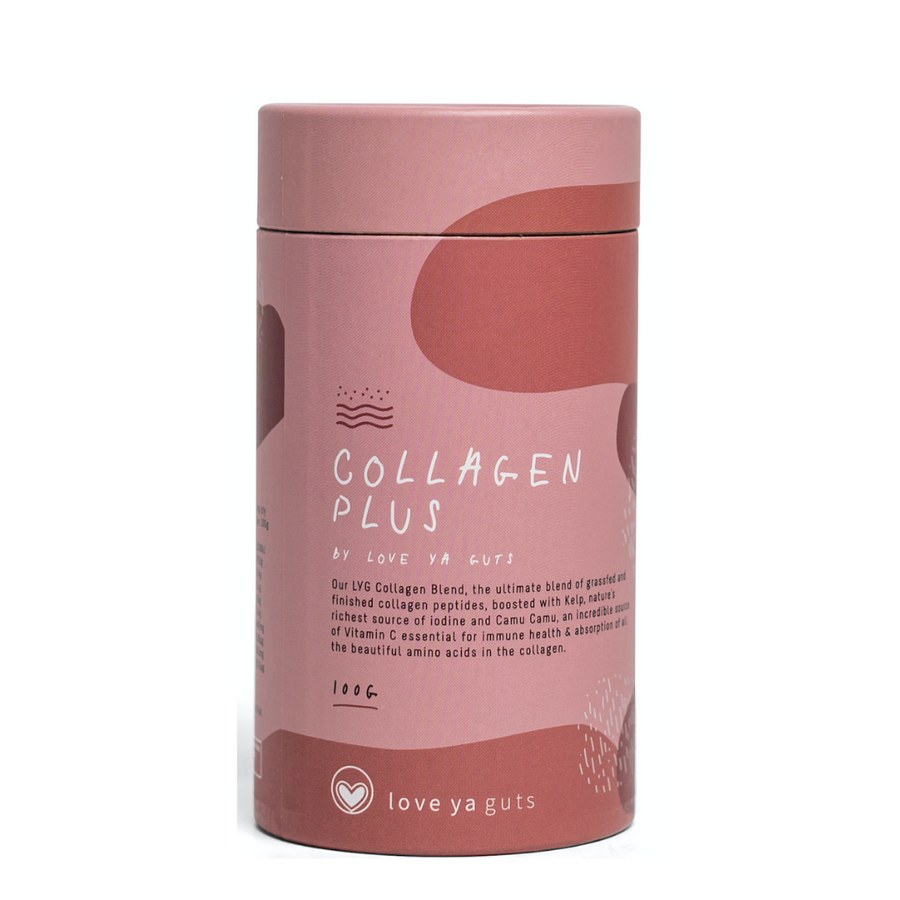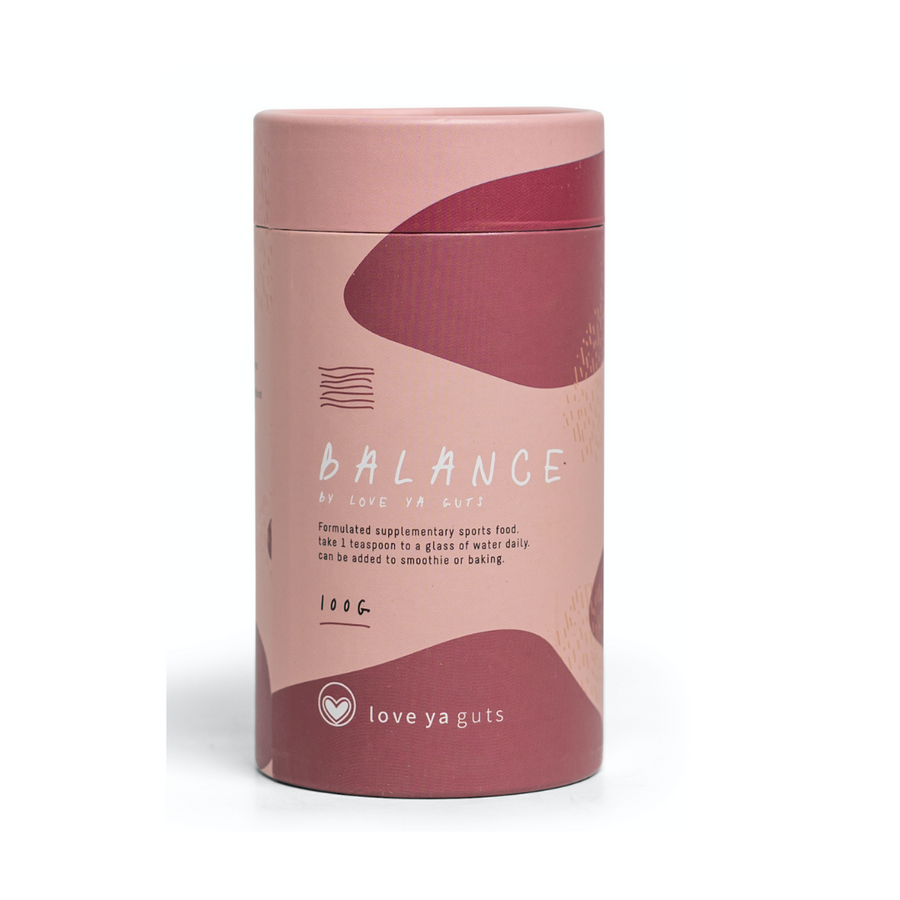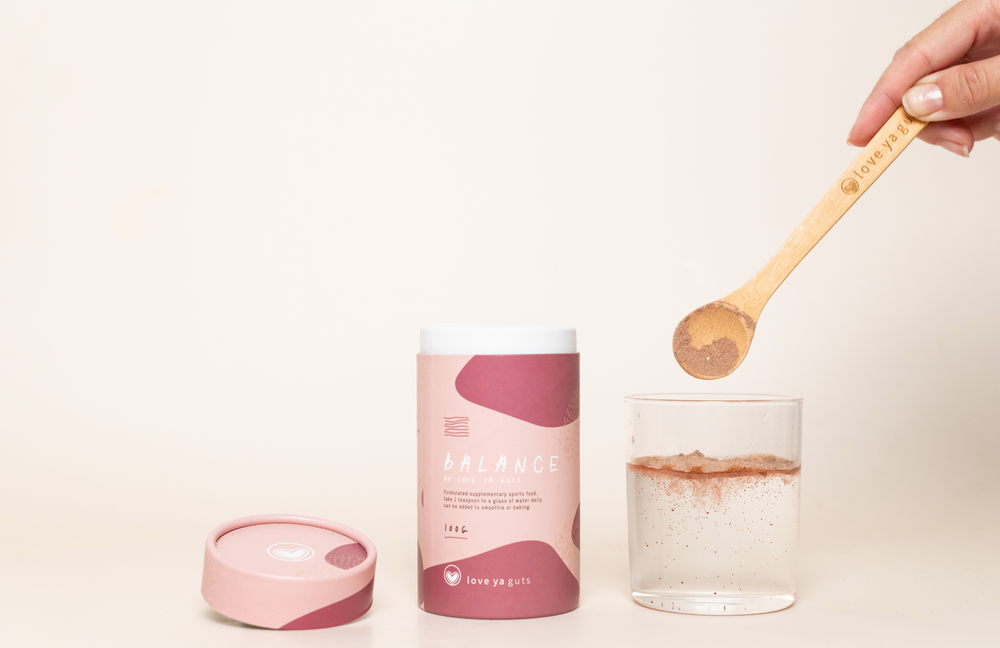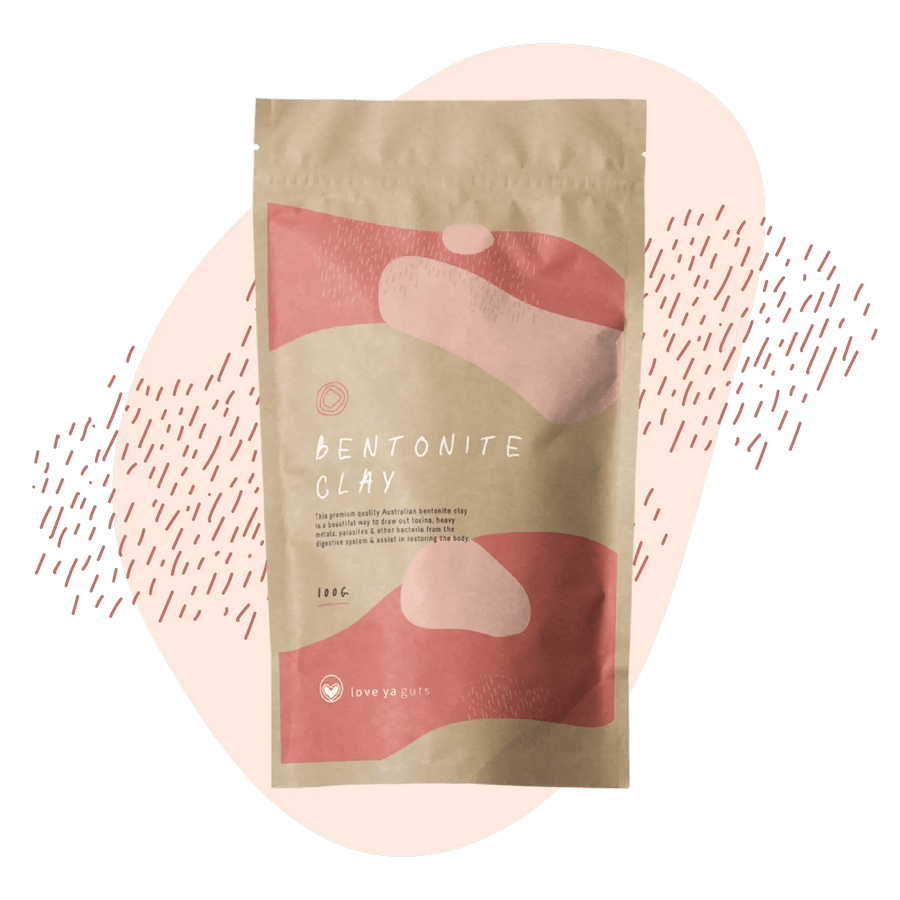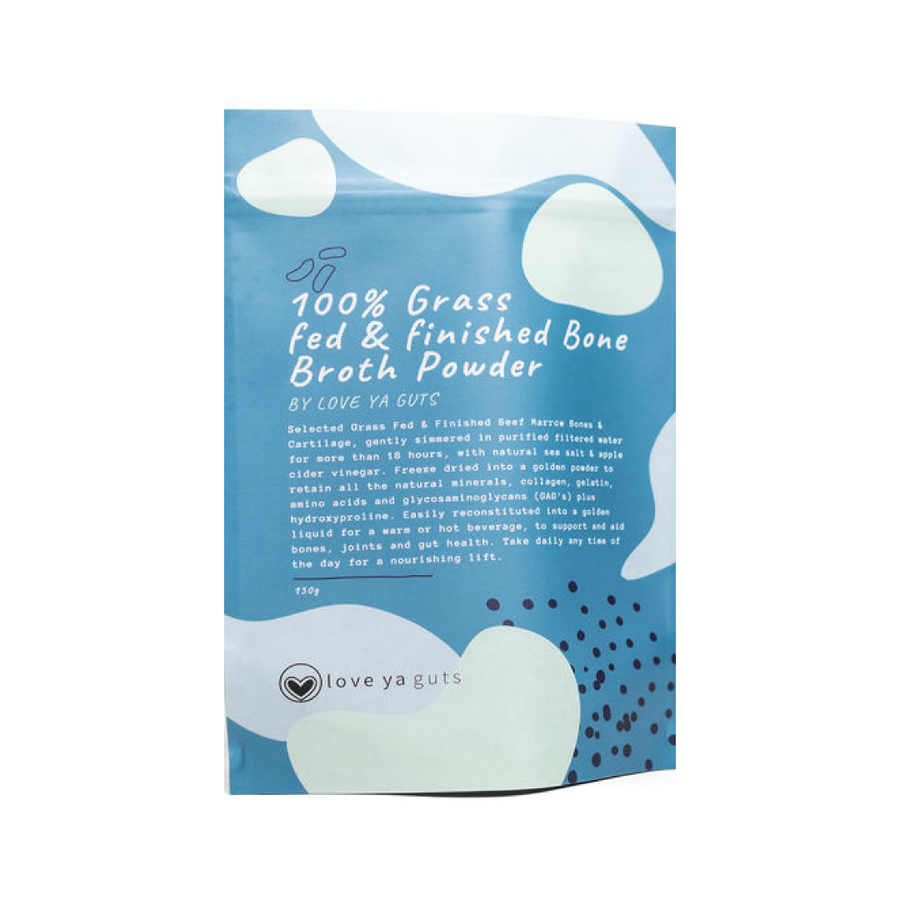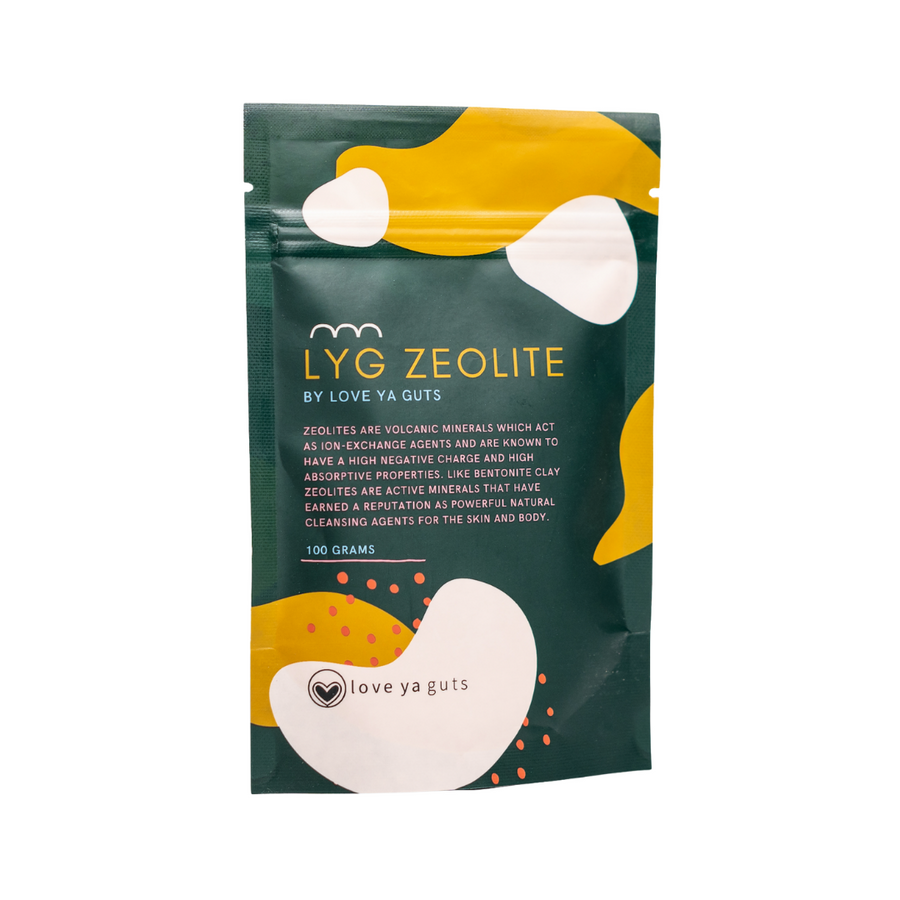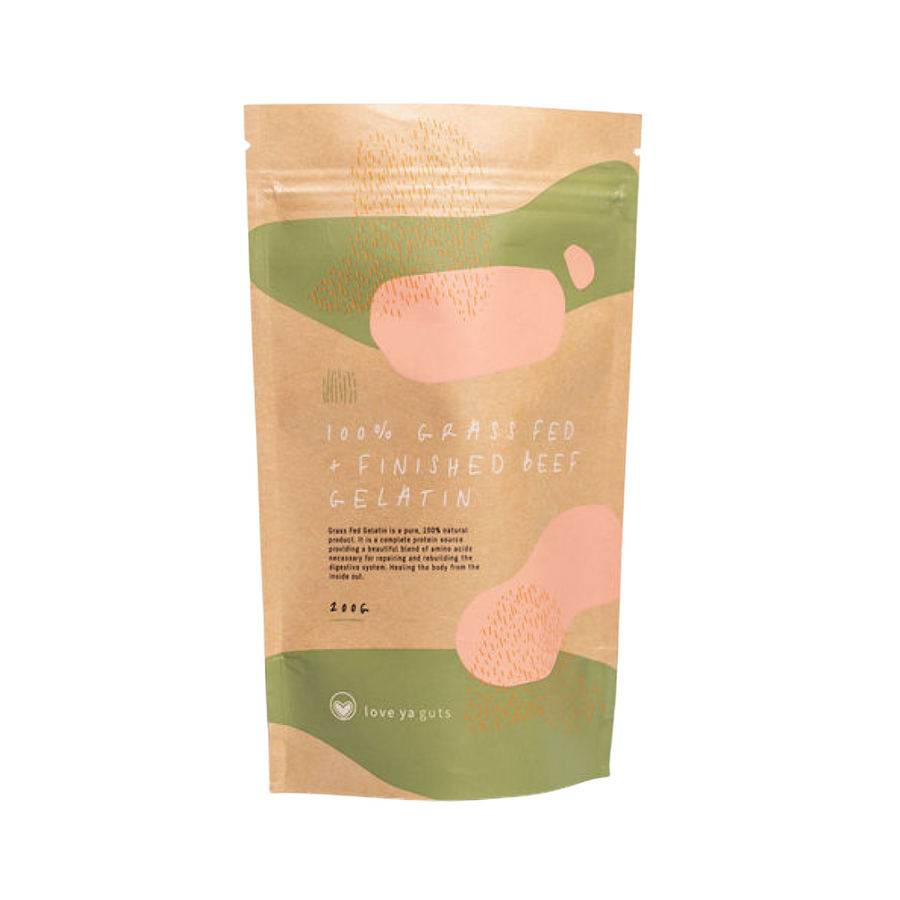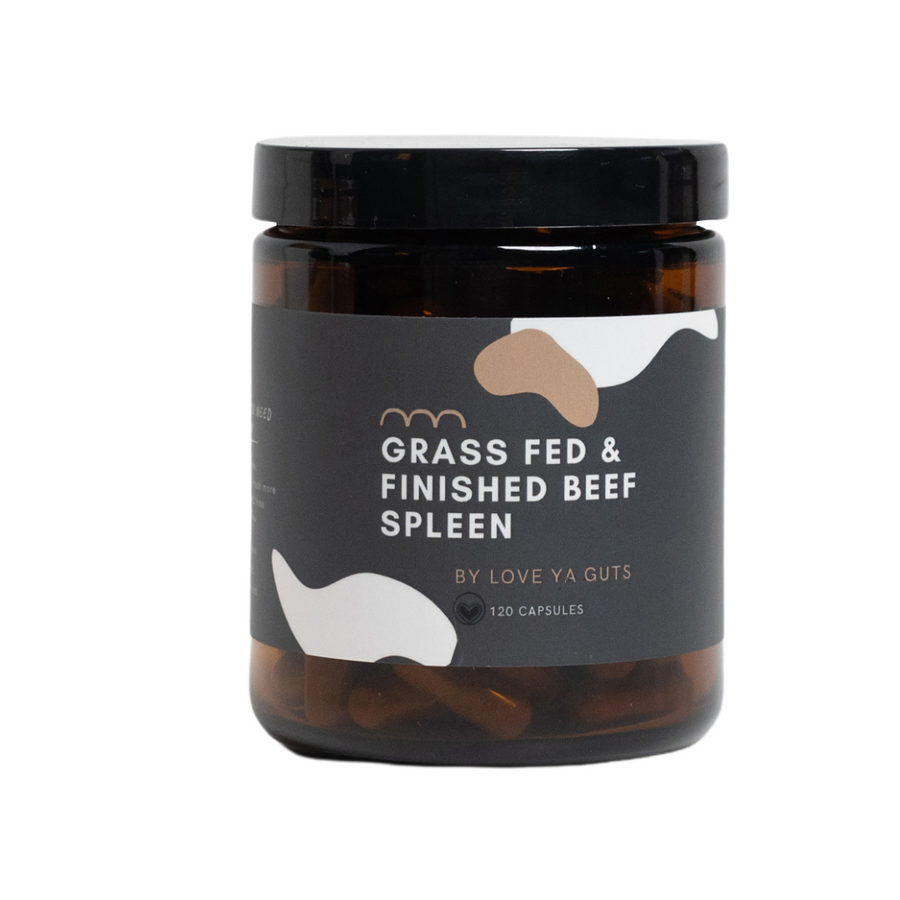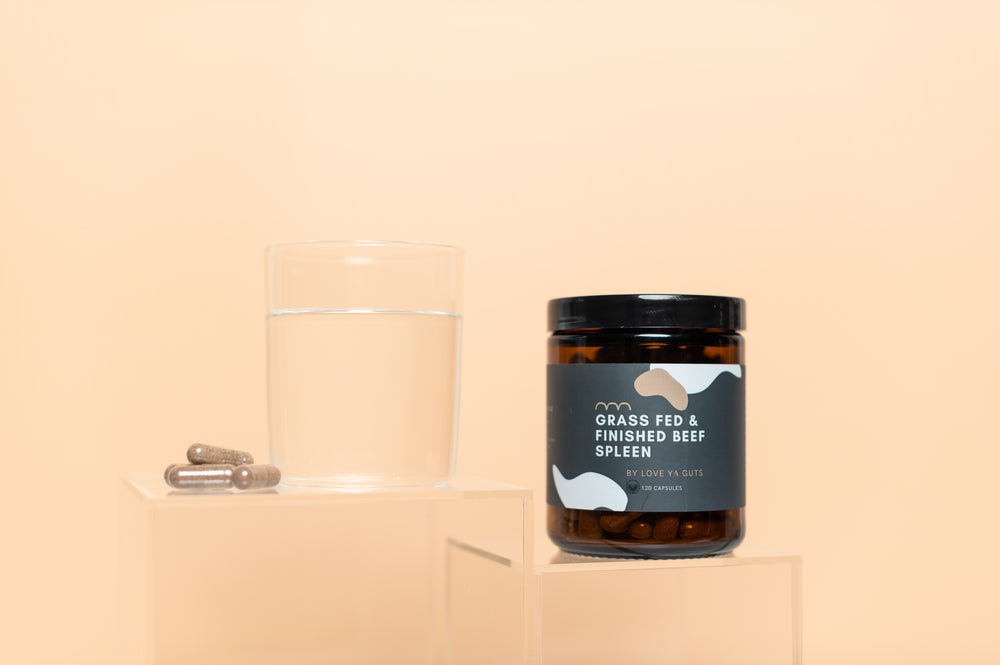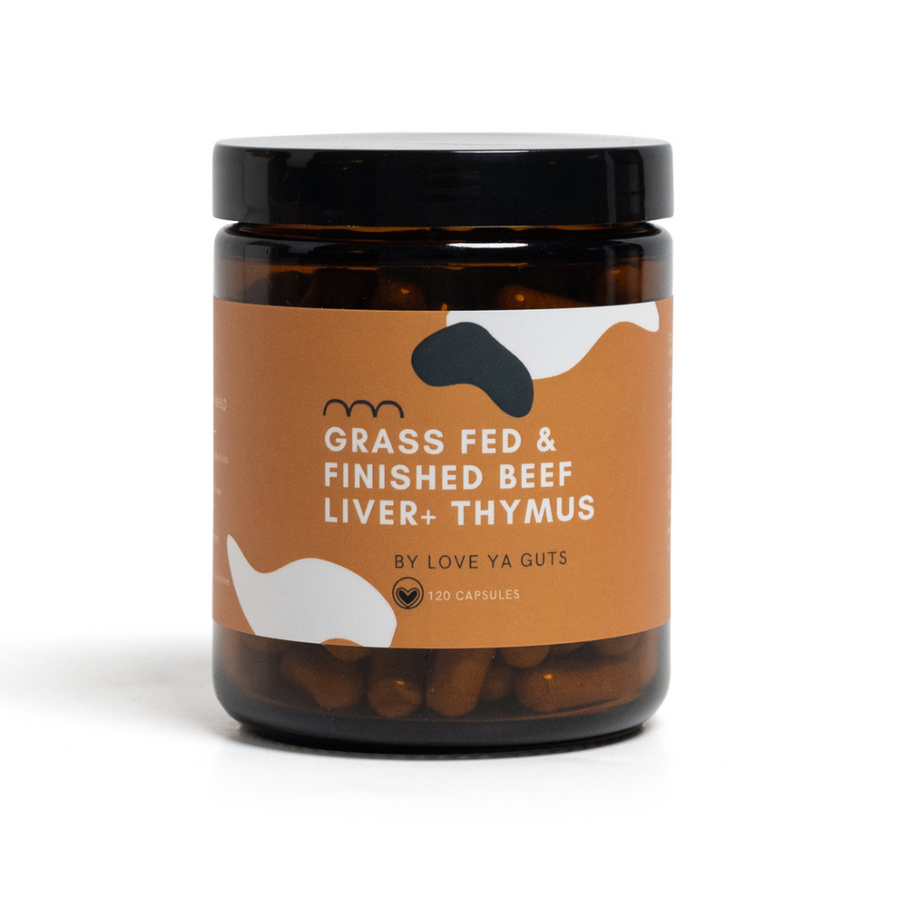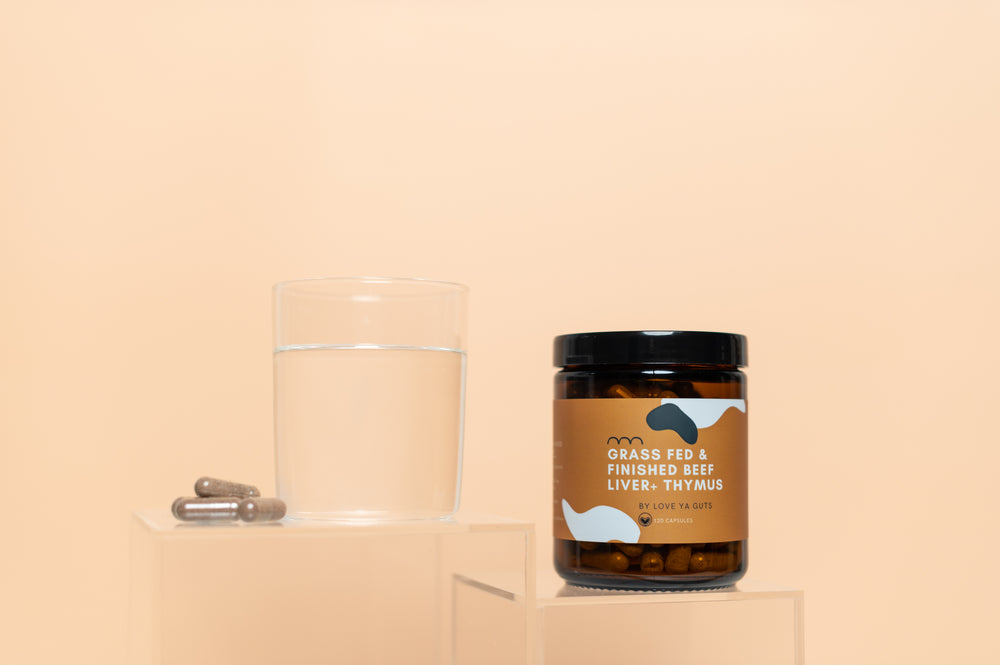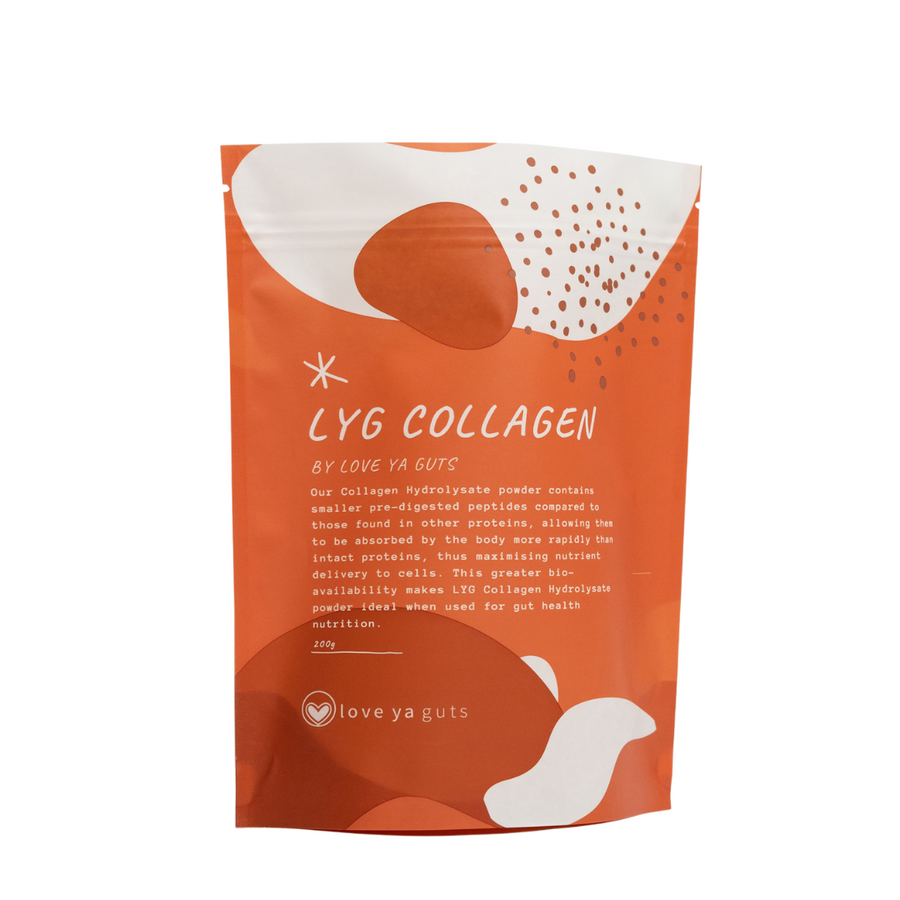INFLAMMATION SERIES: Part one
The digestive tract is arguably the leading contributor of inflammation in your body! When your gut is inflamed, it can very easily cause inflammation throughout your entire body.
This inflammation can cause many symptom such as:
-
Fatigue: inflammation can cause fatigue by creating imbalances in stress hormones
-
Depression/ anxiety: there is a direct link from gut inflammation and the alteration of neurotransmitters or ‘happy mood chemicals’
-
Brain Fog
-
Insomnia
-
Acne or other skin conditions
-
Female hormone imbalances: Inflammation can directly and indirectly alter the balance of female hormones, contributing to PMS, altered cycle length or flow, low libido, weight gain/ loss and hot flushes
-
Male hormone imbalances
-
Hypothyroid symptoms: inflammation damages your body’s ability to use thyroid hormones. So, if your thyroid labs are normal or you are on a thyroid medication but still exhibiting hypothyroid symptoms, inflammation is likely the cause.
We also see inflammation in the small intestine contribute too many problems with the immune system which can develop into autoimmune issues. These inflammatory conditions can look like:
-
Celiac disease and gluten intolerance: both can occur due to immune dysregulation in the small intestine
-
IBS: research shows that those with IBS have overactive immune responses in the gut
-
Joint Pain which can develop into the autoimmune condition rheumatoid arthritis
-
Depression
-
Food reactivity: food allergies and intolerances are often due to inflammation/ imbalances from the immune system in the small intestine
-
IBD (inflammatory bowel disease such as Crohn’s disease or Ulcerative colitis: triggered by an immune response in the small intestines.
So what causes inflammation in the gut in the first place?
Unfortunately the western lifestyle is contributing to the greatest amount of inflammation in the digestive tract. Fortunately, lifestyle is one thing that we can make changes too and see quick results.
Here are my top lifestyle factors that can contribute to gut inflammation
-
DIET: By now you have probably herd the term “inflammatory food”. This typically refers to food that your body doesn’t do well on because they cause your immune system to react = inflammation. I believe eating to reduce inflammation is better than eating to feed your gut bugs.
The top inflammatory foods are:
*** what’s tricky is that everyone will have a different set of foods the body treats as inflammatory. It is a little trial and error.
-
INDUSTRIAL SEED OILS: These are HIGHLY processed oils such as: Canola, vegetable, sunflower and rice bran oils. They all have a high omega-6 fatty acid content making them susceptible to damage from heat and light. The processing process create inflammatory byproducts = gut inflammation
-
ACELLULAR CARBOHYDRATES: A fancy term for carbohydrates that lack a cell wall such as flour and sugar. These promote inflammation throughout the digestive tract. Cellular carbohydrates such as sweet potato and whole fruit promote gut health by feeding our good gut bugs.
-
FOOD ADDITIVES: Ultraprocessed additives in foods.
-
C-SECTION BIRTH & FORMULA FEEDING
-
GUT INFECTIONS: Bacterial, viral, fungal and parasitic gut infections create a pro inflammatory intestinal environment
-
STRESS: The gut is very sensitive to chronic stress. Stress increases the lipopolysaccharide (LPS), an inflammatory bacterial byproduct, to enter the blood stream which = inflammation in the body.
-
SEDENTARY LIFESTYLE AND OVERTRAINING:
-
SLEEP LOSS/ DISRUPTION
-
ANTIBIOTICS
-
NON-ANTIBIOTIC DRUGS: Such as proton pump inhibitors, oral contraceptives, chronic steroid use
-
ENVIRONMENTAL TOXINS: BPA being the most prominent.
In the second part of this series we will be looking at how these lifestyle factors actually cause inflammation in the gut and create the inflammatory responses mentioned above.








